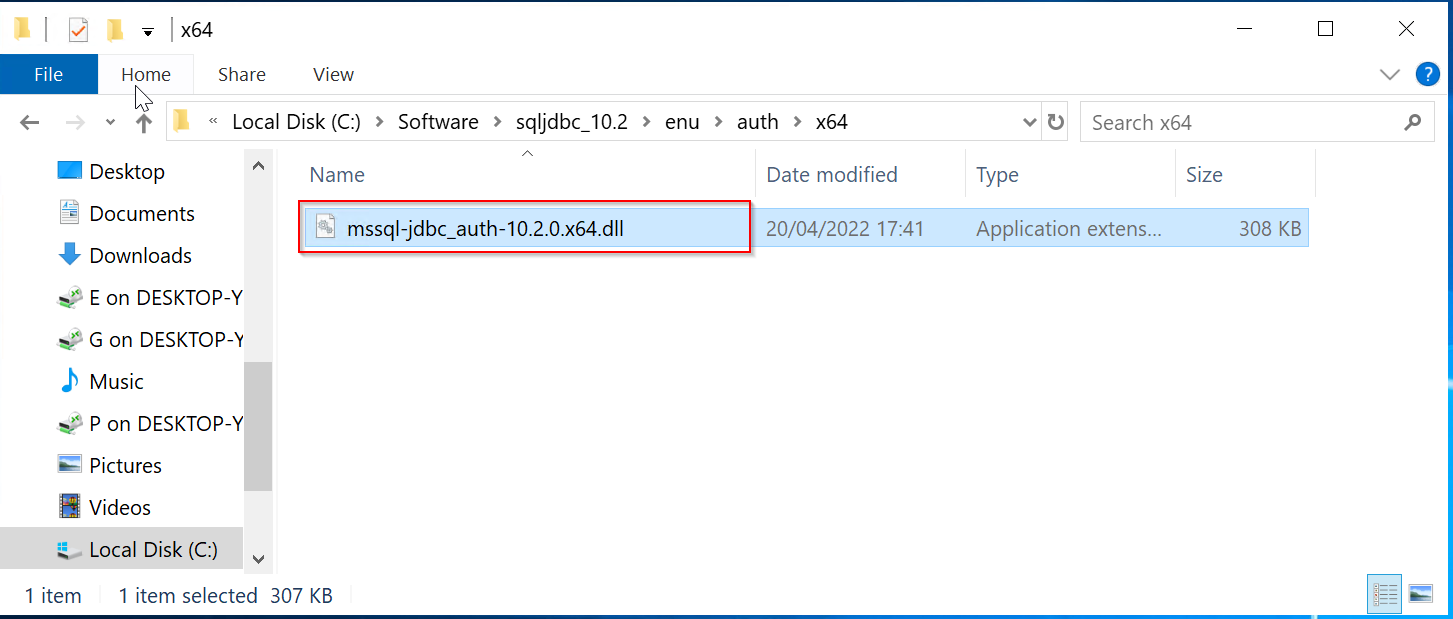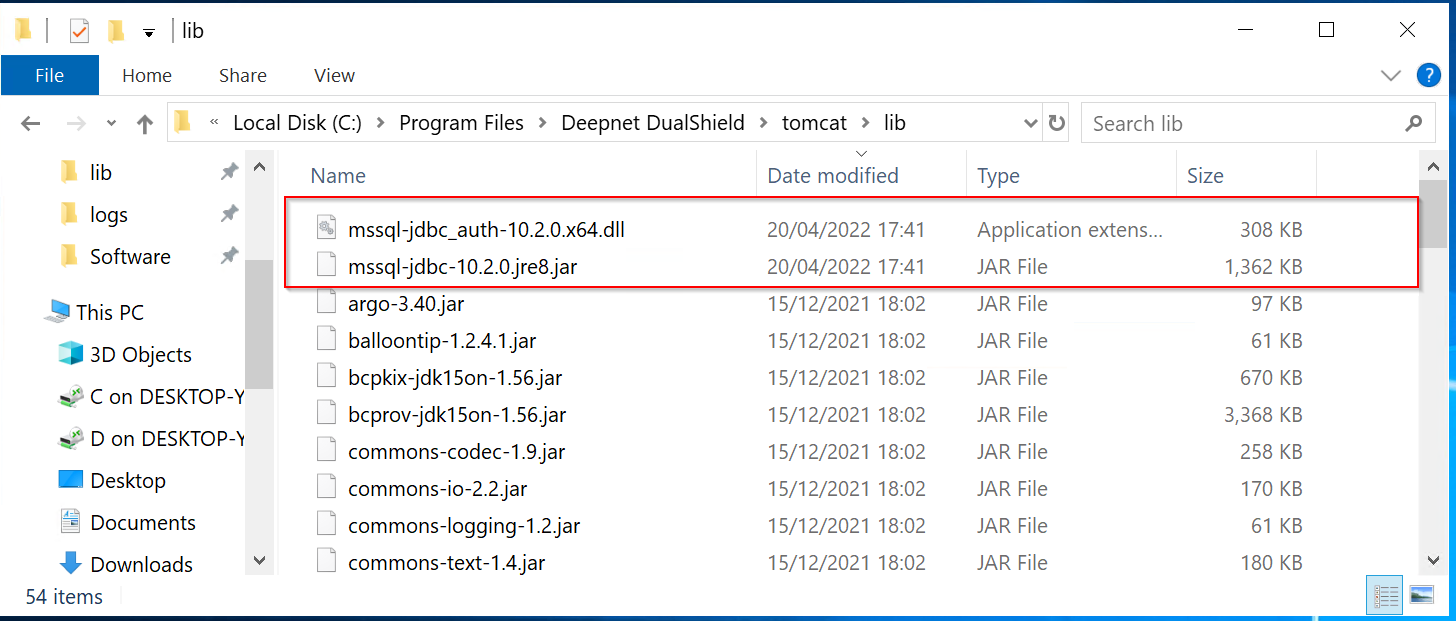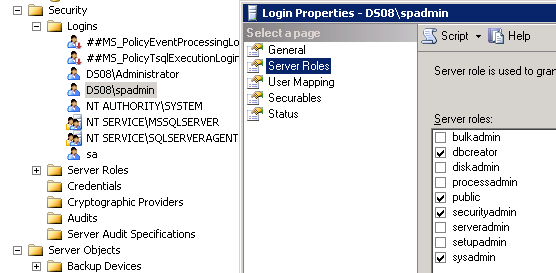...
The instruction below describes how to switch to a Windows account after the DualShield server has been successfully installed.
| Table of Contents |
|---|
Change the JDBC Connection String
You might also know that DualShield uses JDBC to connect to SQL server. We need to change the JDBC connection settings first. In a Windows Explorer window navigate to:
...
Once you have made the above change, save the "server.xml" file and exit the text editor.
Update JDBC Driver
Depending on the version of your MS-SQL server, you might need to download the latest Microsoft JDBC driver
...
2) In the temp folder find the file "mssql-jdbc_auth-x.x.x.x64.dll" (make sure you select the correct version x64/x86 according to your DualShield/OS version), copy it to the folder "C:\Program Files\Deepnet DualShield\tomcat\lib"
Update JAVA Settings
Now, you need to add a Java option. In order to do that, you need to launch the JAVA Configure Console:
...
Navigate to the tab Java add -Djava.library.path=C:\Program Files\Deepnet DualShield\tomcat\lib in Java Options , click Apply or OK button.
Change DualShield Service Logon Account
Check the property of the DaulShield service
...
By default, it logs on as "Local System account", you need to change to a windows account which is assigned with appropriate SQL permissions
Change DualShied Folder Access Permissions
If DualShiled is installed on the same machine where the SQL server is installed, you may still be able to use "Local System account". Otherwise, you must give the Windows account (in the example, spadmin@ds08.local) the full control to the "Deepnet DualShield" folder, allowing it to read, write & modify the folder and all of its sub folders. See below:
...


